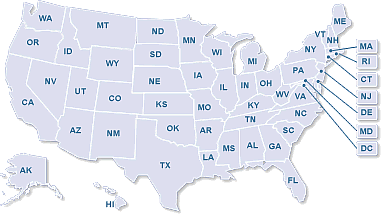Texas foreclosures can be judicial or non-judicial, depending on the mortgage. If the mortgage contains a Power of Sale clause, the lender is allowed to pursue a foreclosure without the supervision of the judicial system. If it does not, a judicial foreclosure must be pursued. It is very easy for a lender to foreclose in Texas, and the entire process typically takes under three months.
The lender begins a non-judicial foreclosure by issuing the homeowner a Notice of Default. If the homeowner does not pay the debt within 20 days, the lender "accelerates" the loan, which means that since the homeowner shows no intention of paying the default amount, the lender can ask for the entire amount of the loan back. At this point, the lender can schedule a foreclosure sale to obtain the amount lost on the loan.
To pursue a judicial foreclosure, a lender must file a suit against the homeowner in court. The court then orders the homeowner to pay the debt within a short amount of time and if they do not, the court will order their property sold at auction.
The lender must register a Notice of Sale with the county 21 days prior to the foreclosure auction. The Notice must also be posted on the courthouse door and hand-delivered to the homeowner at least 21 days before the sale.
On the day of the sale, the Sheriff or a trustee of the lender auctions off the property on the courthouse steps. The winning bidder must provide payment of their bid immediately, at which point they assume full ownership. The original homeowner has no rights to redemption once a sale has been made.



 Versión en Español
Versión en Español 

Social Bookmarks